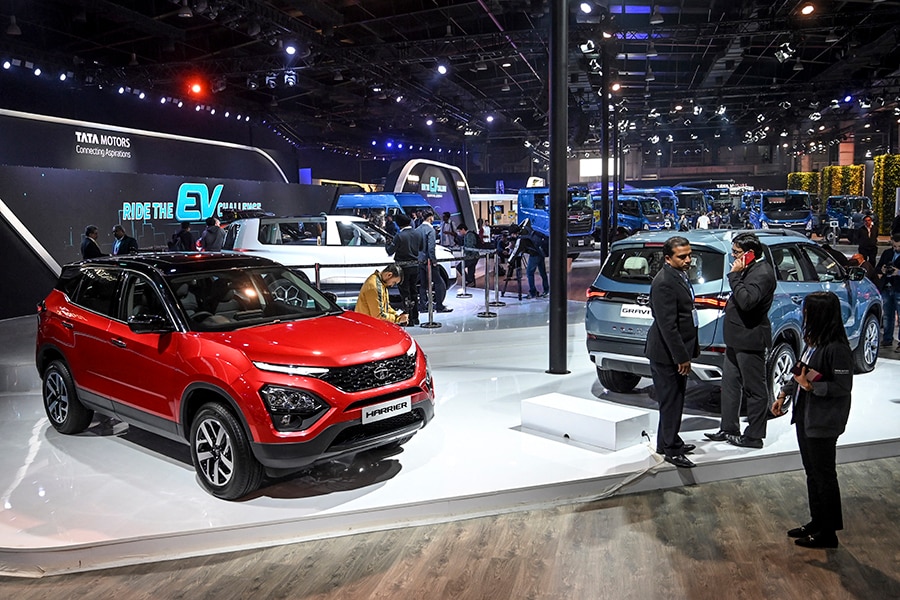
Why it makes sense for Tata Motors to split into two separate listed companies
Speculations are rife that Tata Motor's electric vehicle arm could also go public, possibly after the current demerger that could be completed in the next 12-15 months
 Already in 2020, Tata Motors had decided to hive off its passenger vehicle division into a separate entity
Image: Money Sharma / AFP
Already in 2020, Tata Motors had decided to hive off its passenger vehicle division into a separate entity
Image: Money Sharma / AFP
Tata Motors has decided to split itself into two separate listed companies.
On March 04, the company said that its board of directors had approved a proposal for the demerger of Tata Motors Ltd into two separate listed companies, one housing the commercial vehicles business and the other comprising its passenger vehicle businesses including electric vehicles and JLR.
“The demerger will be implemented through an NCLT scheme of arrangement and all shareholders of TML shall continue to have the identical shareholding in both the listed entities,” the company said in a statement.
Tata Motors has a market capitalisation of over Rs3.28 lakh crore, having doubled that in a span of one year on the back of a strong performance in its passenger vehicles division. Tata Motors and Hyundai are currently neck to neck in a fight for the second spot in India’s passenger vehicle market, currently the fourth largest in the world.
“Since 2021, (commercial vehicles (CV), passenger vehicles (PV+EV), and Jaguar Land Rover), these businesses have been operating independently under their respective CEOs,” a statement said. “The demerger is a logical progression of the subsidiarisation of PV and EV (electric vehicles) businesses done earlier in 2022 and shall further empower the respective businesses to pursue their respective strategies to deliver higher growths with greater agility while reinforcing accountability.”








